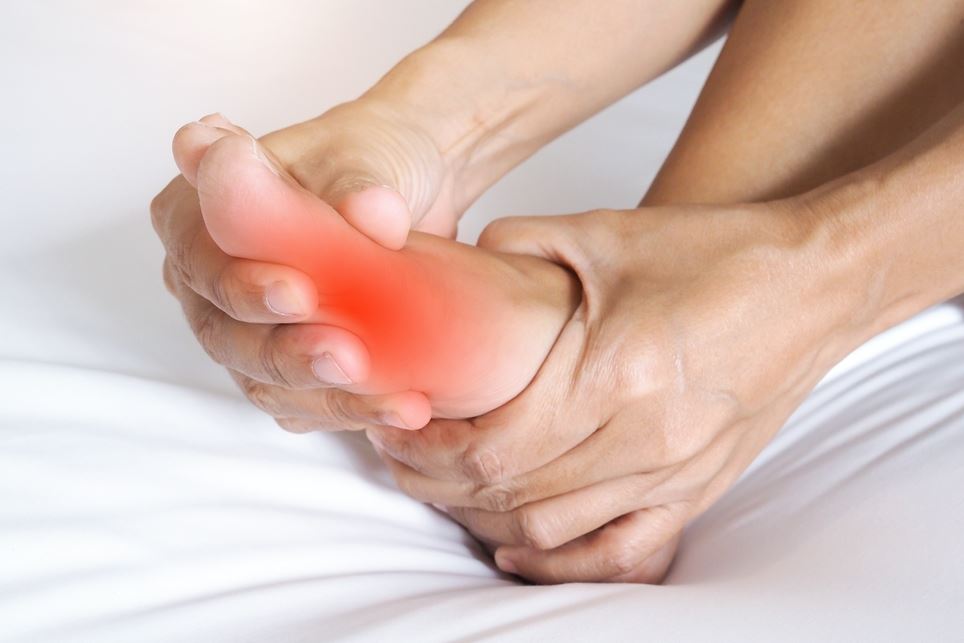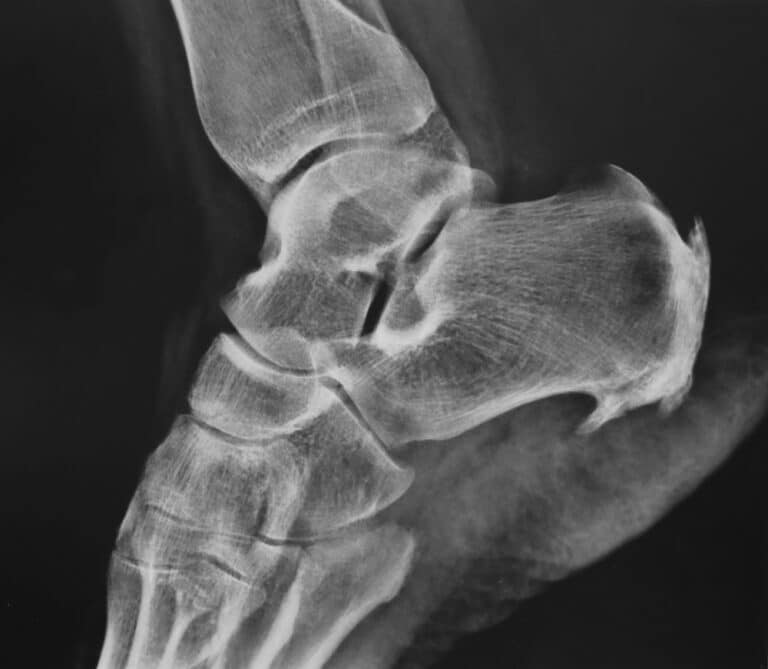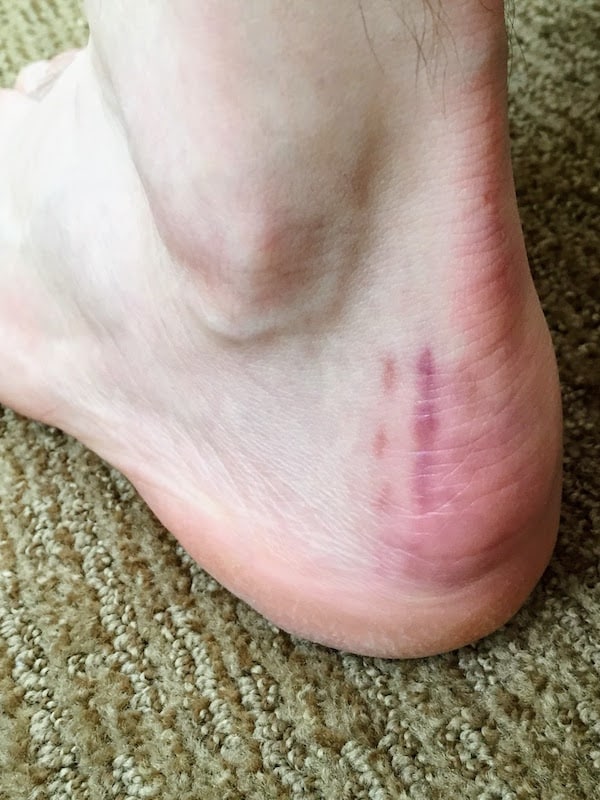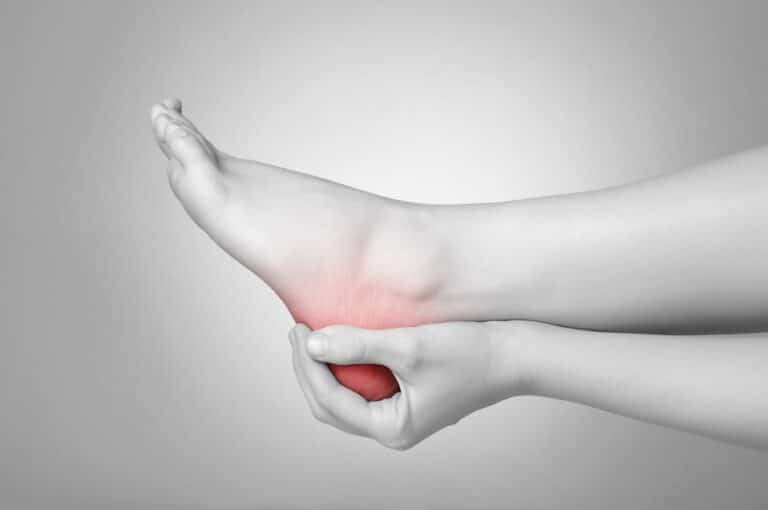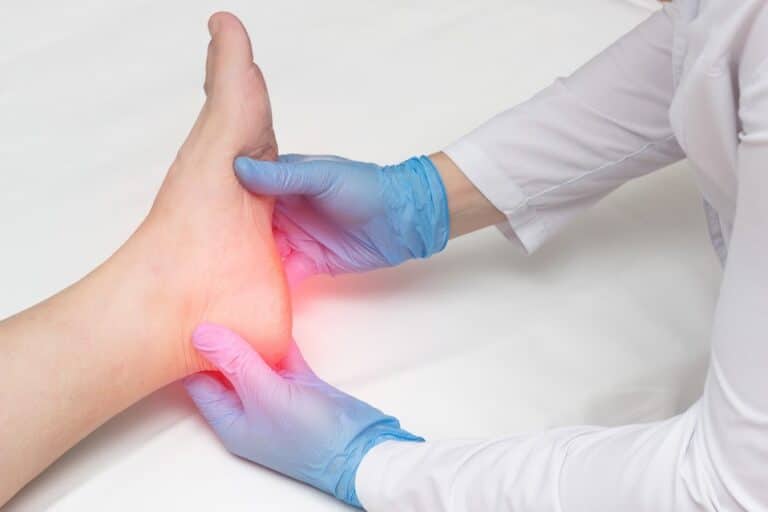Bunion surgery is a common, simple procedure that rarely leads to complications. However, there can still be some problems after the surgery – one of the complications includes nerve damage. So, how to treat nerve damage from bunion surgery? If you want to find out the answer, keep reading – we’ve explained it all in this text.
What Happens When Your Nerves Are Damaged During the Surgery?
Nerve damage is a possible outcome of a surgical procedure – the scar tissue that forms after making an incision can constrict the nerve and interfere with its functioning. Nerve damage can be divided into three categories based on its severity:
- Neurapraxia – the damage only to the myelin sheath (which covers the nerve and protects it),
- Axonotmesis – the damage to the axon (part of the nerve that consists of neurons), but without the damage to the connecting tissue that surrounds it,
- Neurotmesis – both axon and connecting tissue around it are damaged (the nerve is completely severed).
What happens when a patient has nerve damage after bunion surgery? This complication manifests as continuous pain after the procedure – but we must tell apart this type of pain and mild pain that occurs when the anesthesia wears off. A little bit of pain in the first days and weeks post-op is normal – surgery is a trauma to the tissue, and it takes time to heal from it.
However, if the pain continues for months after you were supposed to recover, it might be nerve damage – your doctor will have to examine you to determine that. Nerve pain feels like a burning or tingling sensation. It can be described as a shooting sensation as well – dull or sharp. There can also be muscle weakness or numbness.
How Common Is Nerve Damage After Surgery?
This depends on the type of surgery, but luckily, minimally invasive bunion surgery rarely comes with this complication – the rate is less than 5%. Even when the damage occurs, the nerve usually recovers – permanent nerve damage after bunion surgery is extremely rare.
Are There Tests That Show Nerve Damage?
In addition to a physical examination, your doctor can perform several tests to diagnose nerve damage. Obviously, they will start by going through your medical history and performing the neurological physical exam. After that, your doctor can order some blood tests and imaging. Nerve function tests are common for diagnosing nerve damage – EMG (electromyography), for example. This test measures electrical activity in your muscles, which helps doctors determine if there is any damage to the nerve that innervates those muscles.
How Long Does It Take for Nerves to Repair After Surgery?
The normal recovery time after bunion surgery is from six weeks to three months. Most patients feel fine after this period, but some will continue to experience pain long after the expected recovery time. Problems after bunion surgery in the form of nerve damage can last even longer than a year. If you feel pain after you are supposed to recover fully, it’s best to schedule a visit to your doctor.
How to Treat Nerve Damage From Bunion Surgery?
Treatment for nerve damage depends on the severity. When it comes to bunion surgeries, we don’t expect anything severe. It’s usually neurapraxia, which is basically as if your nerve was “bruised” – it will take time, but it will recover fully. What can your doctor do to help speed up the recovery process?
Some patients will be recommended to go to physical therapy or take NSAIDs (over-the-counter pain medication) which will manage the pain. In more severe cases, some anti-seizure medication can be used to block the pain. If none of the non-surgical methods work, your doctor might suggest surgery to fix the issue – what procedure you’ll need depends on the type and severity of the damage (for example, nerve decompression when the nerve is constricted).
Consult With Your Surgeon in Miami About All the Downsides of the Surgery
Every surgery has its risks, and it’s important to get familiar with the possible risks of the surgery you wish to have before you make the final decision. If you reach out to us at Luxe Foot Surgery clinic, our specialist can explain everything regarding bunion surgery. Contact us to schedule your free consultation. You can book an appointment by calling our office, or you can fill out an inquiry form on our website – we’re looking forward to having you as our patient!
FAQ
How Long Does It Take for Nerves to Heal After Bunion Surgery?
This depends on the type of surgery that was performed to fix the bunion, but it usually takes up to three months to heal fully. If there was nerve damage inflicted during the surgery, the patient might experience pain even up to one year after the procedure or more.
How Do You Know If You Have Nerve Damage After Bunion Surgery?
Some level of pain after bunion surgery is normal – you will be prescribed pain medication to deal with this problem. However, if the pain persists longer than the expected recovery period, that might point to nerve damage. You should consult your doctor, who will run some tests to determine if you have nerve damage.
Can You Get Nerve Damage From Bunion Surgery?
Yes, nerve damage is one of the possible complications of minimally invasive bunion surgery. However, this doesn’t happen often, and when the damage does occur, it’s usually mild and passes with time and treatment.
Can Surgical Nerve Damage Be Repaired?
Yes, nerve damage from surgery can be fixed, either with non-surgical methods or with another surgery. Depending on the case, your surgeon can perform nerve repair (removing the damaged part of the nerve and connecting the healthy ends of the nerve) or place a nerve graft (a piece of another nerve from your body).
